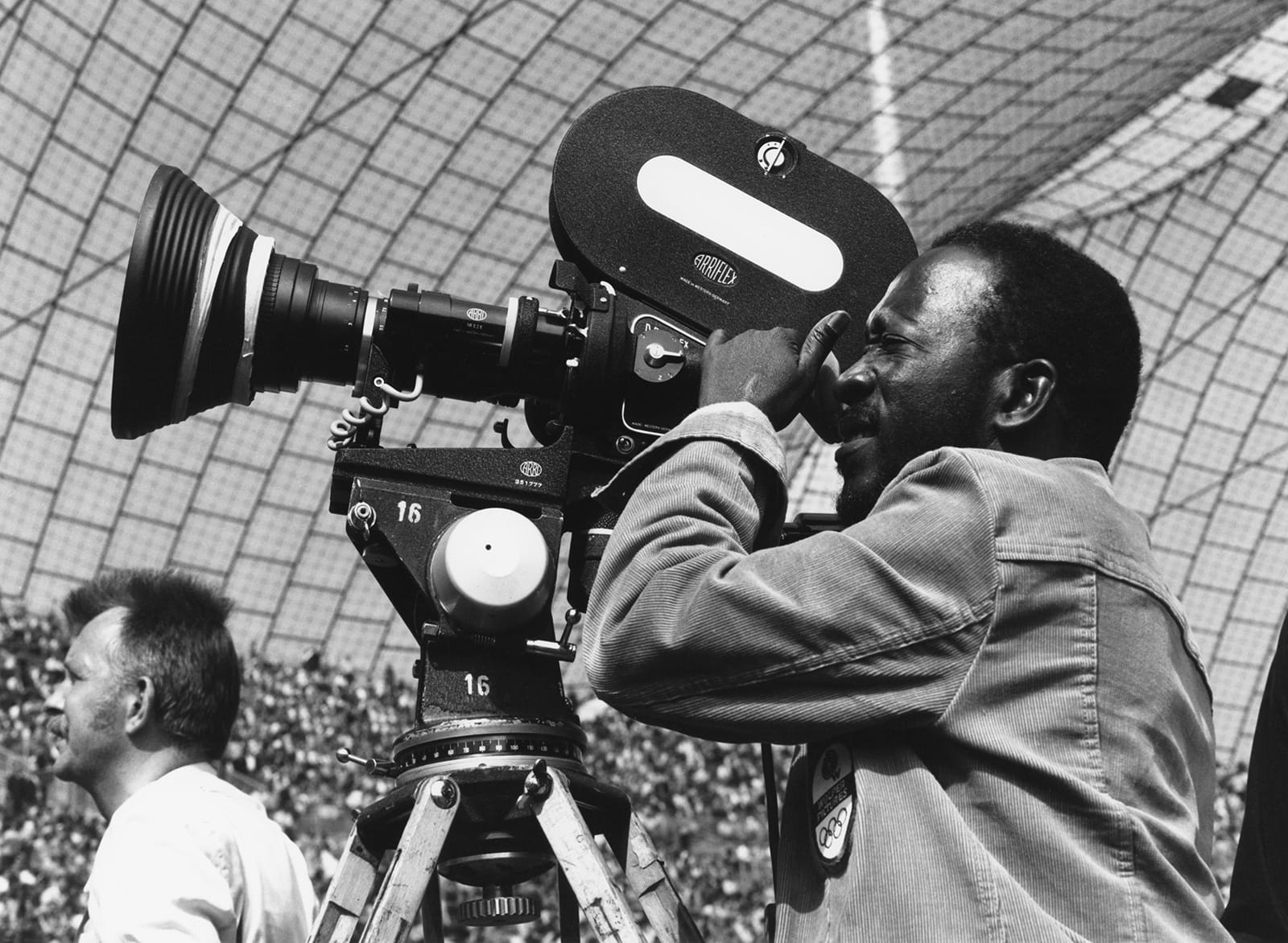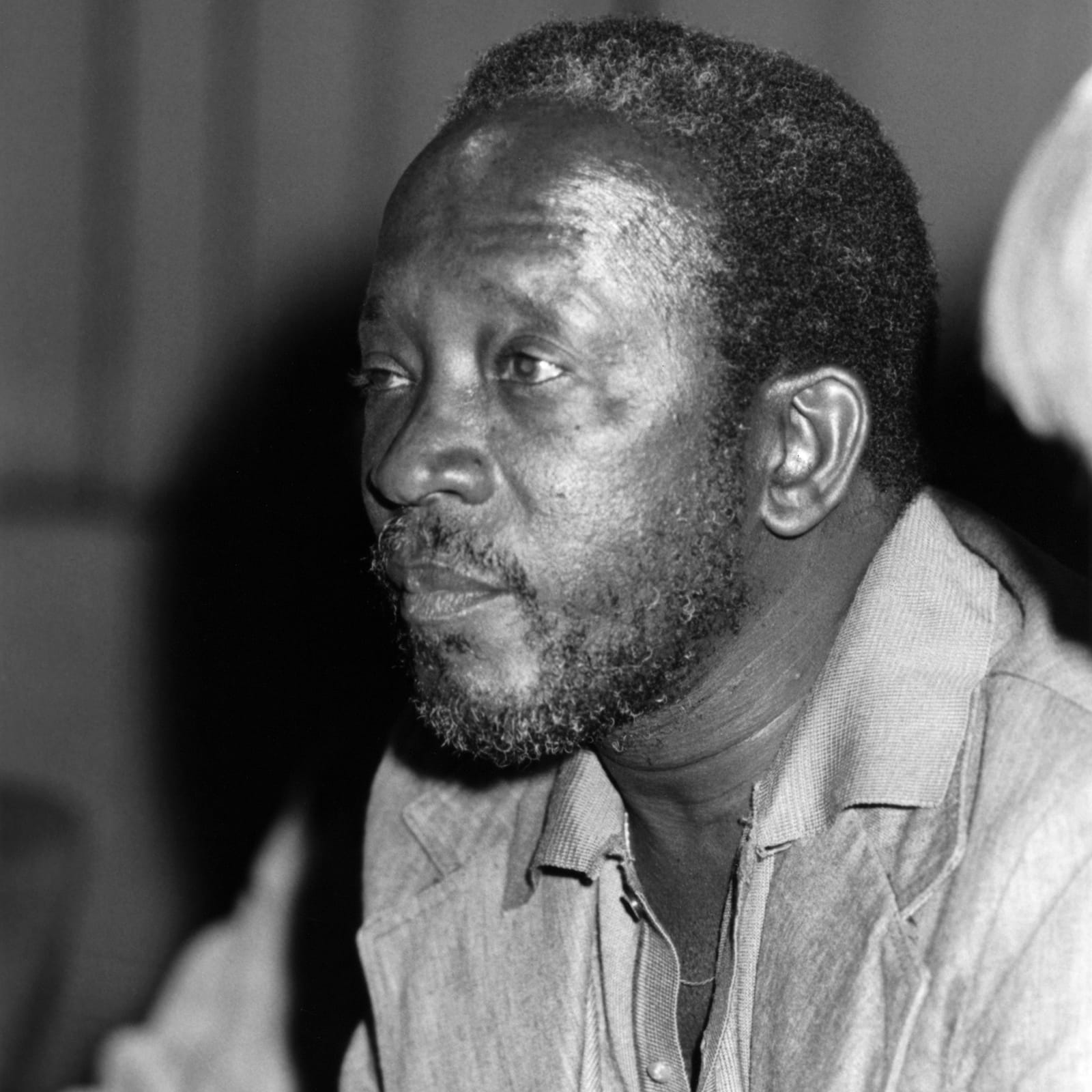10 Things I Learned: Black Girl

Share
1.
Senegalese master Ousmane Sembène was already a celebrated novelist before becoming a filmmaker. His decision to direct was fueled by his recognition of cinema as a “political tool,” one that could rally the masses against a depicted social injustice, and reach audiences that a book, which depends on the literacy of its potential readers, could not.

2.
Sembène was, to his very last days, a stalwart Marxist. His understanding of class conflict germinated while he worked on the docks in France during the forties. In 1950, he joined the French Communist Party.












